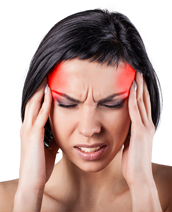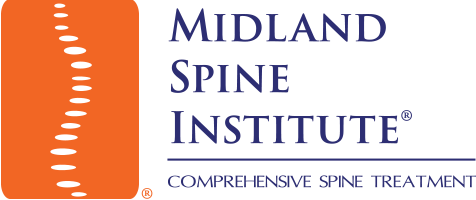Headache Pain

It’s important to figure out what type of headache is causing your pain. If you know your headache type, you can treat it correctly.
Tension headaches
Tension headaches, the most common type, feel like a constant ache or pressure around the head, especially at the temples or back of the head and neck. Not as severe as migraines, they don’t usually cause nausea or vomiting, and they rarely halt daily activities.
Cluster headaches
Cluster headache pain, which affect more men than women, are recurring headaches that occur in groups or cycles. They appear suddenly and are characterized by severe, debilitating pain on one side of the head, and are often accompanied by a watery eye and nasal congestion or a runny nose on the same side of the face.
Sinus headaches
When a sinus becomes inflamed, often due to an infection, it can cause pain. Headaches due to sinus infection can be treated with antibiotics, as well as antihistamines or decongestants.
Rebound headaches
Overuse of painkillers for headaches can lead to rebound headaches. Culprits include over-the-counter medications like aspirin, acetaminophen (Tylenol), or ibuprofen (Motrin, Advil), as well as prescription drugs.
Migraine headaches
Migraines can run in families and are diagnosed using certain criteria.
- At least five previous episodes of headaches
- Lasting between 4-72 hours
- At least two out of these four: one-sided pain, throbbing pain, moderate-to-severe pain, and pain that interferes with, is worsened by, or prohibits routine activity. At least one associated feature: nausea and/or vomiting, or, if those are not present, then sensitivity to light and sound

